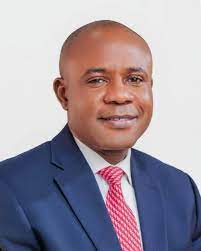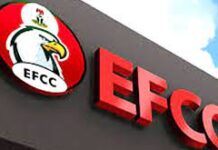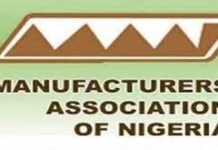The Enugu State Government has released the criteria for the selection of beneficiaries of fuel subsidy removal palliatives in the state, insisting they must be the vulnerable and disadvantaged ones in society.
This was made known in Enugu on Monday by the Deputy Governor, Barr. Ifeanyi Ossai during a meeting with the chairmen of the 17 local government areas of the state on the criteria for the selection of intended beneficiaries of fuel subsidy removal palliatives in the state.
Barr Ossai, who is the Chairman of the State Palliative Committee, outlined the criteria, saying these included one person in a family with one or more child out of school due to financial constraints, persons detained in hospital after treatment or refused treatment due to inability to pay medical bills, persons especially widows who make a living in their community, working on other people’s farms, or domestic work to make a living, and widows with children, whose oldest child in school is in a class below secondary school.
Others are persons in communities who depend on their community church or mosque to pay school fees or celebrate Christmas and or other festivities, persons with disability especially known to their community to not have extended or direct family support, ophans especially without known support in the community, and persons who live below one thousand, four hundred and twenty five naira per day as contained in World Bank Poverty Index
Barr Ossai directed the council chairmen to convene an emergency meeting of the ward palliative committees in their respective council areas to discuss modalities for the distribution of the palliatives, as well as collection of credible data on the selected beneficiaries.
He reminded the chairmen that the ward councillors were not expected to generate the social register/data of the intended beneficiaries alone without the involvement of ward committee members, adding that the clegy, presidents general of autonomous communities, and representatives of civil society organisations should all should work in harmony for effective and credible results.
Ossai emphasized that those in the ward committees knew the indigent ones in their various communities that normally approached the churches for assistance.
He said that those without national identity numbers and bank account numbers should be indicated in the forms provided, adding that the state government would send the relevant government organs to do the needful.
On the number of beneficiaries per ward, he said it was agreed that every ward should generate one thousand intended beneficiaries, advising the chairmen to ensure that the project was credible and successfully completed in record time.

























